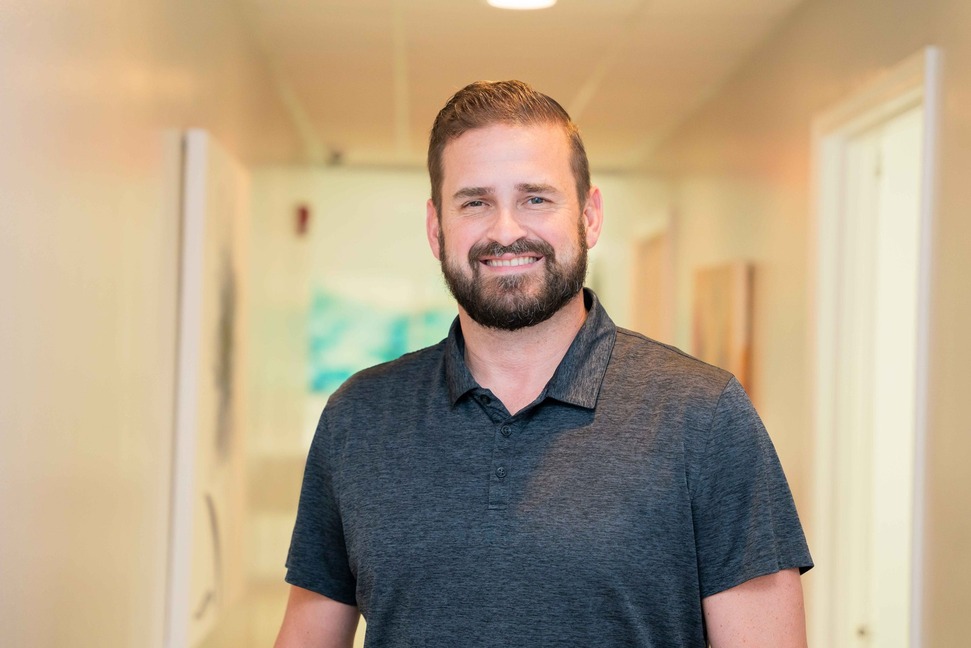Why Should One Choose a Men’s Mental Health Treatment Program?
A male-only addiction recovery or mental health program is ideal if you are looking for a unique and tailored experience to address mental health issues commonly faced by men. A gender-specific rehabilitation center or men’s residential rehab program is designed to address mental health issues in a way that is more relevant to the male experience.
Men face different mental health issues than women. They also experience them differently. For example, over six million men suffer from depression on a yearly basis, but male depression is often underdiagnosed. Men are also more likely to complete suicide and exhibit fewer warning signs than women. A men’s residential rehab facility can help address male-specific issues, also providing you with a built-in network of support from other men who are working to overcome similar challenges.
If this sounds intriguing, you can get started with our complimentary mental health assessment. Contact us today if you have any additional questions.
Statistics and Information on Men’s Only Residential Treatment Programs in Georgia
Men face unique mental health challenges. In 2018, 78% of deaths by suicide were men in Georgia. Men’s substance abuse treatment is attended at a higher rate than comparable programs for women. In fact, men are referred to residential facilities at a higher rate than women. In 2022, 68.6% of individuals in Georgia inpatient rehab treatment settings were men.
While women are most often referred to residential treatment by mental health services or child welfare agencies, court orders are the top referral source for men. The Georgia Department of Corrections has twelve residential programs, including options specifically for males. It is important that men seek mental health treatment and support to address these key mental health issues.









